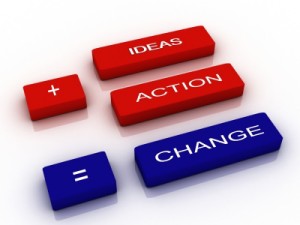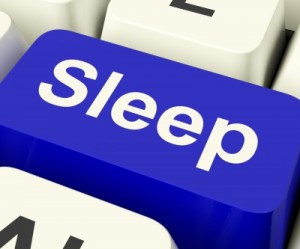Podcast: Play in new window | Download
 We may never directly change the course of human events. However, we can change someone’s world. We can impact the individuals that are in our lives. We can influence our coworkers, neighbors, friends, family members, and even strangers we meet.
We may never directly change the course of human events. However, we can change someone’s world. We can impact the individuals that are in our lives. We can influence our coworkers, neighbors, friends, family members, and even strangers we meet.
In this episode:
- What is influence?
- How can I influence others?
- How does this relate to PTSD and recovery?
- Three ways you can change the world: Listen, Share, and Encourage.
What is influence?
Influence: the power to change or affect someone or something : the power to cause change without forcing them to happen[1]
How can I influence others?
We have the power to influence others. You might say, “I am not that smart.”, or “I don’t have that much experience.” We do not have to have all the solutions to their problems. Rather, it starts with a willingness to listen, share and encourage.
How does this relate to PTSD and recovery?
Part of the RESTORE process we follow is the second “R” of RESTO”R”E – Reaching Out to Others. At some point our own growth seems to stagnate if we only focus on our own growth. Reaching out to others is a valuable tool that will not only benefit our lives but it will also benefit those around us.
This can seem complicated at first glance. It is, if you take the position that you have to have the answers. You do not have to have the answers! Below is a simple way to get started helping people along their journey toward wholeness.
Three ways YOU can begin to change the world.
Listen:
Listening is more than hearing someone. Listening does not have to involve solving their problem. Sometimes people just need to express their thoughts and ideas.
Here are some listening skill tips:
- Eye contact: not constant but for a few seconds at a time. Too much may be threatening. None at all makes you seem totally disconnected. Each situation may be a little different. Don’t force it. The person you are listening too may not be comfortable with too much eye contact.
- Be present: resist the temptation to check your phone, text, clocks, etc.
- Focus on what they are saying, not your response. You may hear things that are disturbing. Remember that you are not sitting as a judge over their story. Let them talk. At the same time if it is too much for you to handle, speak up.
- Let them talk…don’t interrupt. At this moment it is about them, not what you think about whatever it is they are saying.
- Ask clarifying questions when necessary. It is OK to ask a clarifying question if you don’t understand something. It is best to wait for the speaker to pause before asking the question.
- Provide feedback: A few well placed “un huh”, oh, wow, or whatever might be appropriate lets the speaking know you are engaged.
- Some silence is OK.
- Resist the temptation to solve their problem. They may ask you for advice and you are free to give it. But advice is not the point of listening. The point is to listen and then, perhaps advise.
- It is ok to admit you do not have a solution.
- It is ok to acknowledge the difficulty of their struggle.
- It is ok to acknowledge their strength and fortitude that is expressed in their story.
- It is ok to thank them for their service and sacrifice.
Share:
- Third party resources such as books, blogs, podcasts, stories about others
- Personal experiences with the third party resources. What would be more affective, “This is a book about X and it has helped people with X”, or “I read this book about X and it changed my life.” Which podcast episode, blog post, book, resource has led to a positive change in your own life.
- Your personal successes. Even if you only have little successes. Share what you have done and are doing.
Encourage them to:
- keep fighting, keep searching for answers, keep moving forward
- read, listen, participate
- Seek help and additional resources
- Utilize the resources they already have
Listening Resources
- http://www.forbes.com/sites/womensmedia/2012/11/09/10-steps-to-effective-listening/
- http://www.mindtools.com/CommSkll/ActiveListening.htm
- http://www.wikihow.com/Be-a-Good-Listener
Question: What resources have help you on your journey toward recovery? What episodes/topics from our podcast were most helpful?
Image courtesy of David Castillo on freedigitalphotos.net[1] http://www.merriam-webster.com/dictionary/influence

